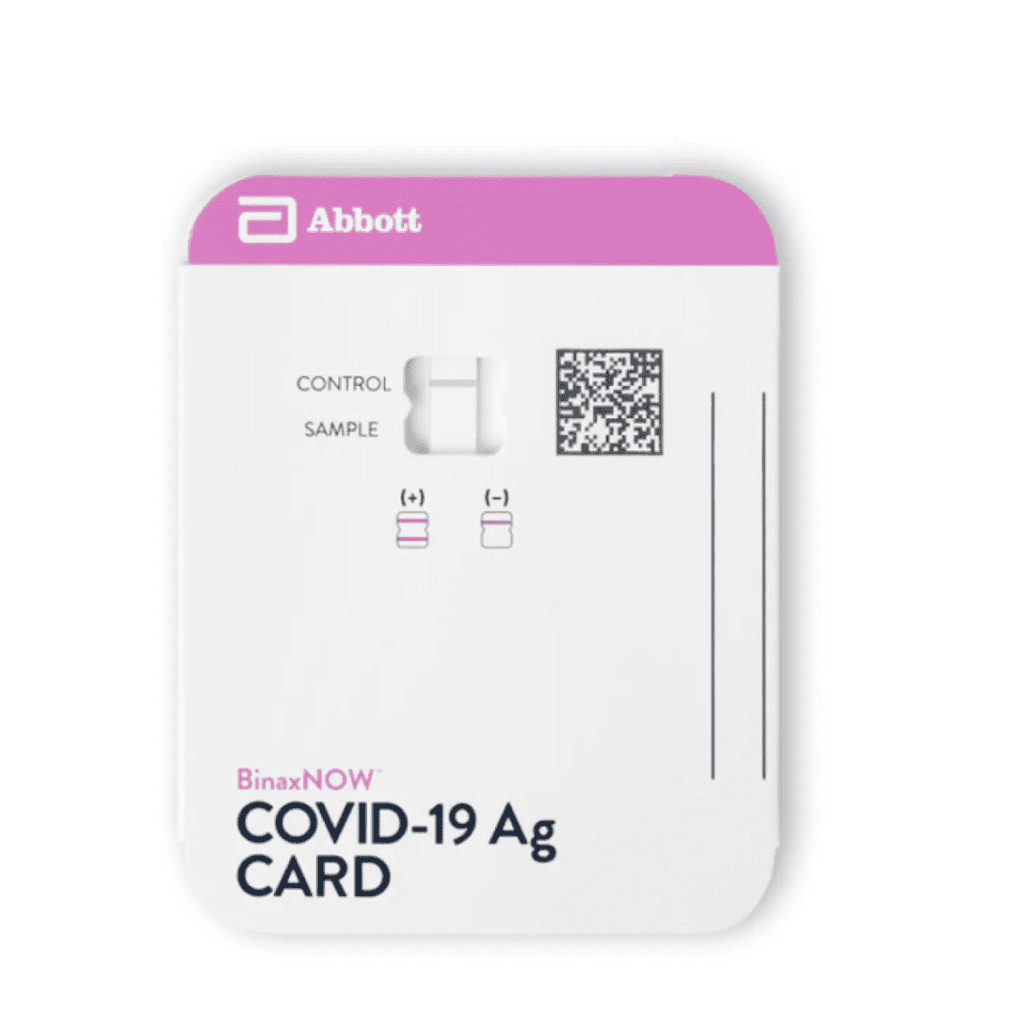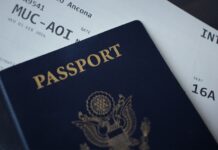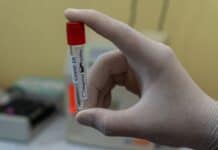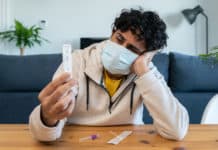
COVID self-test kits may be the answer for international travelers who now need to provide negative COVID-19 test results within 24 hours of departure to enter the U.S.
International travelers who want to enter the U.S. now have a shorter COVID testing window. As of Dec. 6, all travelers over the age of two — vaccinated or not and regardless of citizenship status — will have to show proof of a negative COVID test taken within 24 hours of departure, rather than the three-day period that had been effect since last January for those who could show proof of full vaccination (those who are unvaccinated already had to stay within a 24-hour testing window). The Biden administration already had temporarily suspended entry to the U.S. by travelers from eight South African nations, including South Africa, Botswana and Zimbabwe.
Both moves are seen as a response to the new omicron variant, which some suspect may be more contagious than the delta variant that is currently prevalent in the U.S. Other countries, such as the U.K., also are tightening their testing requirements in an effort to slow the spread of the omicron variant.
While the news was not greeted with enthusiasm by some meetings, events and business travel advocates — Dan Richards, the CEO of Global Rescue and a member of the U.S. Travel and Tourism Advisory Board calls the new entry requirements “yet another obstacle with dubious efficacy and be a further impediment to the industry’s recovery” — the shortened testing window could prove to be a boon to the COVID self-test industry. Acceptable tests, according to the U.S. Centers for Disease Control and Prevention (CDC), include rapid antigen tests and nucleic acid amplification tests (NAATs) such as polymerase chain reaction (PCR) tests, though the latter often take more than 24 hours to process the results.
“Travelers will need to be prepared before their trip so they know where testing facilities are located and how quickly results will be returned,” says Richards. While international travelers coming to the U.S. can find local testing information on the U.S. Embassy website of their originating flight’s country, on the crowdsourced site TestForTravel.com, or from some airlines, hotels, resorts or event organizers, the easiest solution may be to bring a self-test kit, which as Richards points out, are small enough to fit in hand luggage.
Among the COVID self-test kits that have the necessary FDA emergency use authorization (EUA) needed to fulfill the new requirements for U.S.-bound travelers are the Abbott BinaxNOW COVID-19 home test, a rapid antigen self-test that does not require users to ship a sample to a lab. Another option is the Cue COVID-19 test for home or OTC use, which also has EUA clearance. This test is a rapid-result NAAT with PCR-level results, but it does require users to buy the Cue Reader and a pack of individual-use nasal swab tests, as well as download the Cue Health app (available on iOS and Android).
These self-tests do come at a cost, however President Biden did recently say that Americans with private health insurance will soon be able to get COVID self-tests reimbursed. Another consideration when deciding whether to bring a self-test kit on an international trip to fulfill returning U.S. requirements: Some countries may have restrictions around importing self-test kits that aren’t authorized in that country. The CDC recommends, “Travelers who are considering bringing a U.S.-authorized test with them for use outside of the United States should contact authorities at their destination for information before they travel.”
You Might Also Be Interested In
Omicron Variant Is Already Impacting In-Person Events
10 Helpful Web Sites for COVID Planning
Don’t Loosen COVID Precautions Yet
Event Mask Policies: 3 Strategies










